Chicken Littles are wrong: voice won’t make legal sky fall
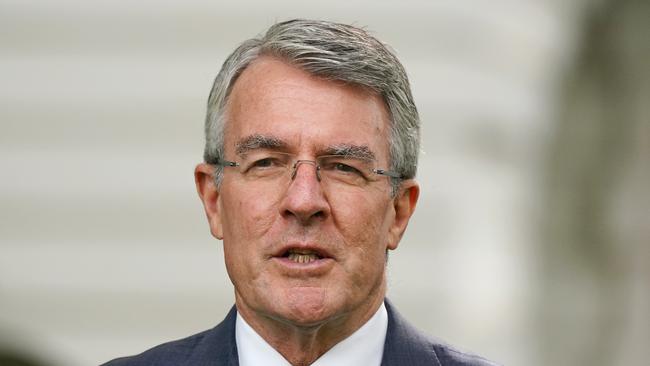
With the Indigenous voice, no one can object to rigorous testing of the government’s proposed constitutional amendment or any legislative scheme it may deign to disclose. Unfortunately, Chicken Little has prevailed so far. Much legal argument is designed to confuse people into a negative vote, not from conviction but from carefully fanned terror.
This legal fright-fest is bizarre. Apparently, nameless but eminent lawyers on unspecified occasions have delivered unattributed legal opinions damning the voice. Any lawyer frightened to own an opinion is not credible.
Some critics do have the guts to own their constitutional arguments, however implausible. A good example and good friend is Tony Abbott, with his tired cliche about a “third house of parliament”, beloved of faux-legal scaremongers. For the last time, something that cannot initiate, amend, pass or veto laws is not a house of parliament. This a slogan, not an argument.
Its scary running mate is that the voice will destroy our entire system of parliamentary democracy. In all weariness, how? How will even an influential voice topple parliament itself, responsible government and systemic democracy? This is fantasy worthy of Buffy the Vampire Slayer. One curt response is that if a single advisory voice on anything can destroy Australian democracy, we may as well as surrender to China now.
These are the “big picture” constitutional nightmares, devoid of argumentation. At least implausible legal critiques of the wording of the proposed constitutional amendment are specific.
The most common wilfully misinterprets the relationship between the amendment’s first two clauses. The opening clause says there will be a voice making representations to parliament and the executive on matters relating to Indigenous peoples. The second provides parliament has power over the composition, functions, powers and procedures of the voice. The argument runs that the first paragraph has precedence over the second so that in some mystical way the total power given to parliament over the voice can be exercised consistently only with some vague pre-eminent status surrounding the creation of the voice.
This is where my history as a marker of constitutional law exams overwhelms me. Fail. Bad fail. The first principle of legal interpretation is that you read clauses on the same subject as a whole, not in isolation. This amendment is not a stand-alone creation of a voice, then a separate subject matter of parliamentary control. It is a single proposition for an Indigenous voice strictly delineated by parliament. Parliament controls its composition, structures, powers and procedures. Which words do you not understand?
So, for example, the number of members and the width of functions are a matter for parliament. It is the sole architect of the voice, unconstrained by abstract notions of its shape.
This incidentally demolishes the other main legal accusation against the voice, but its obituary should be penned. This is that a court certainly will draw dangerous “implications” from establishment of the voice. Supposedly, these implications would impose legal obligations around consultation, legislative timetables and resourcing. Again, the current constitutional draft could not be clearer. All these things fall squarely within the composition, functions, powers and procedures of the voice. Everything is controlled by parliament.
Perishing here also is the dramatic rhetoric about lawyers’ picnics and a rampant High Court. I’ve been a public, inveterate critic of judicial activism over 30 years, and in my opinion there simply is no playground for judicial usurpation. Sadly for legal conspiracy theorists, as a matter of pure drafting, this will be one of the most boring and mechanical provisions in the Constitution.
None of this says the current draft should not be seriously and responsibly critiqued. It has been put up by Anthony Albanese, not God. For example, you can reasonably ponder the width of scrutiny conferred on the body. Currently, it applies beyond new legislation, to existing laws and executive action. Is this too wide?
The voice can speak on “matters relating” to Indigenous people. Should this be refined? Would matters or legislation “directly affecting Indigenous people” be better? If so, how would this be clearly, concisely drafted?
The point is that those wishing to rigorously test but not dynamite the constitutional proposal have every right to do so. This is public duty, not terrorising legal obfuscation. Proponents of the voice must accept that practical questions need to be answered. Many will relate to the supporting legislation, not the Constitution.
This is where parliament will prescribe the proceedings of the voice, its role regarding legislation and its priorities. Parliamentary government in action, not subverted.
Regrettably, the Albanese government itself is responsible for the latitude given to legal scareists. Its process for developing the constitutional amendment and legislative scheme has been opaque and unsettling. The proposal has been developed secretly within a black box. We do not know who drafted the amendment or who is giving advice. We still have no idea of the actual legislative model.
The Prime Minister suggested some time ago the model would be known before Christmas and properly debated. But Attorney-General Mark Dreyfus has reverted to the old formula, that the shape of the model is not needed before the referendum. He even suggests anyone demanding detail is an enemy of the voice.
This is cynical politics. I want detail, and I personally helped formulate the concept of a voice. Dreyfus was not in the room.
The problem the government has given itself is that it has an undebated constitutional draft without a model to support it. This is confusion piled on hubris. Given Albanese’s commitment to openness in government, he should start with constitutional candour. He needs to establish a diverse body to provide timely technical advice on constitutional and legislative proposals. The government could then settle and fully disclose a model. This will not only outflank legal fantasists. It will give the Australian people what they deserve.
Greg Craven is a constitutional lawyer and former vice-chancellor of the Australian Catholic University.

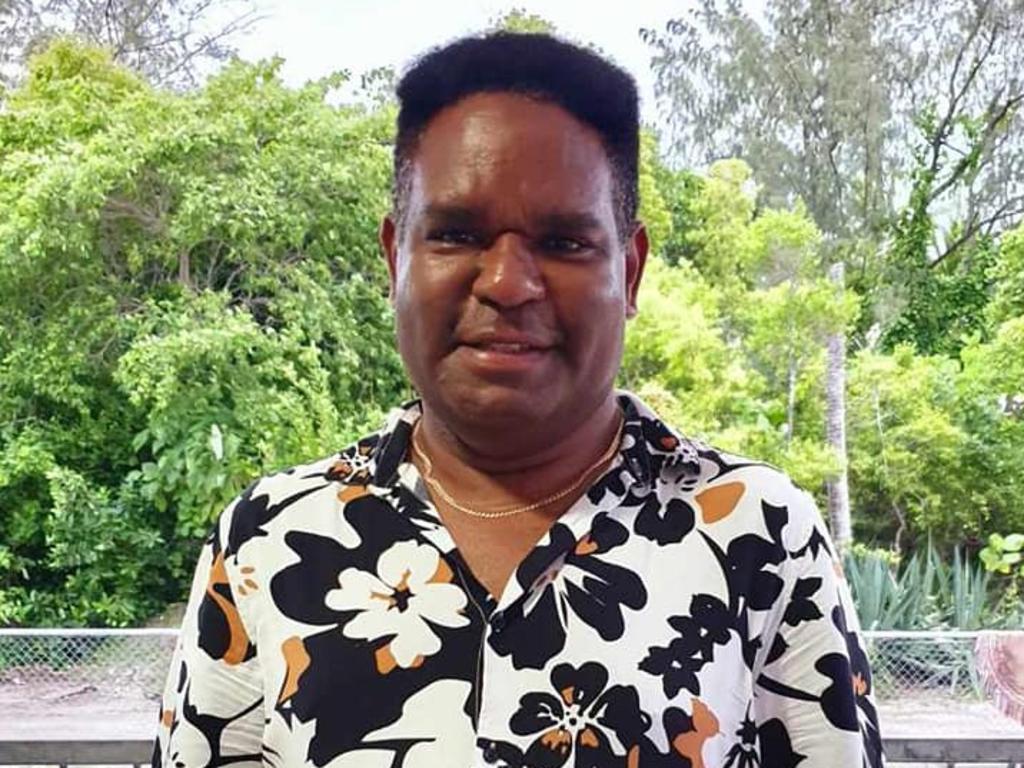
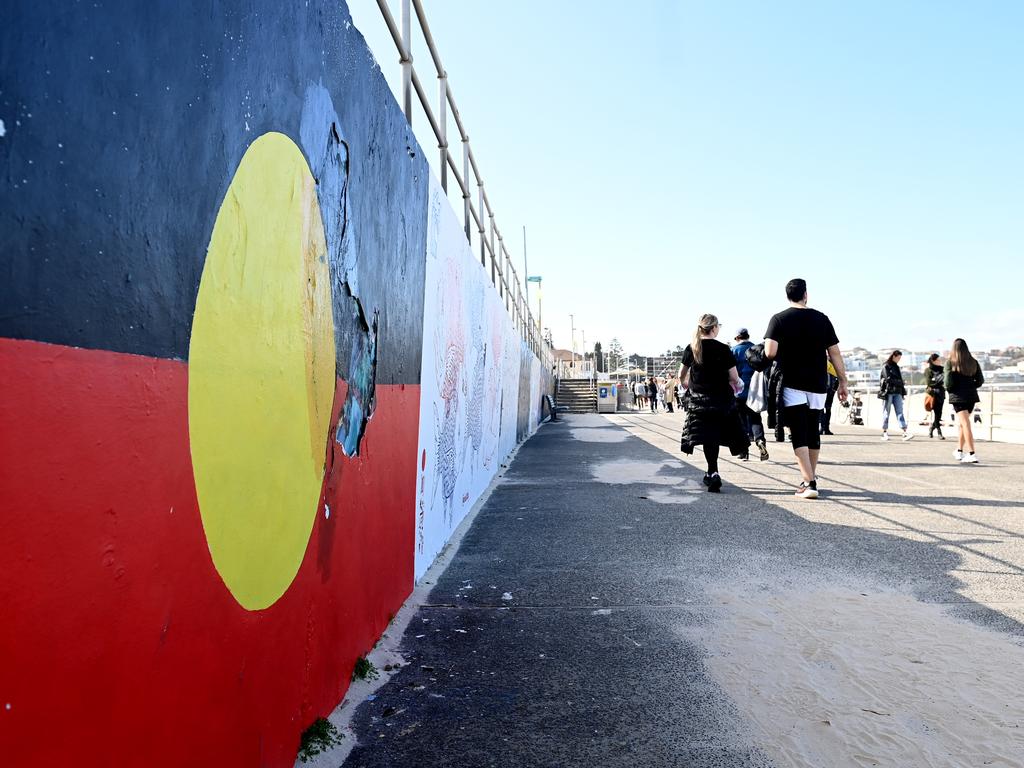
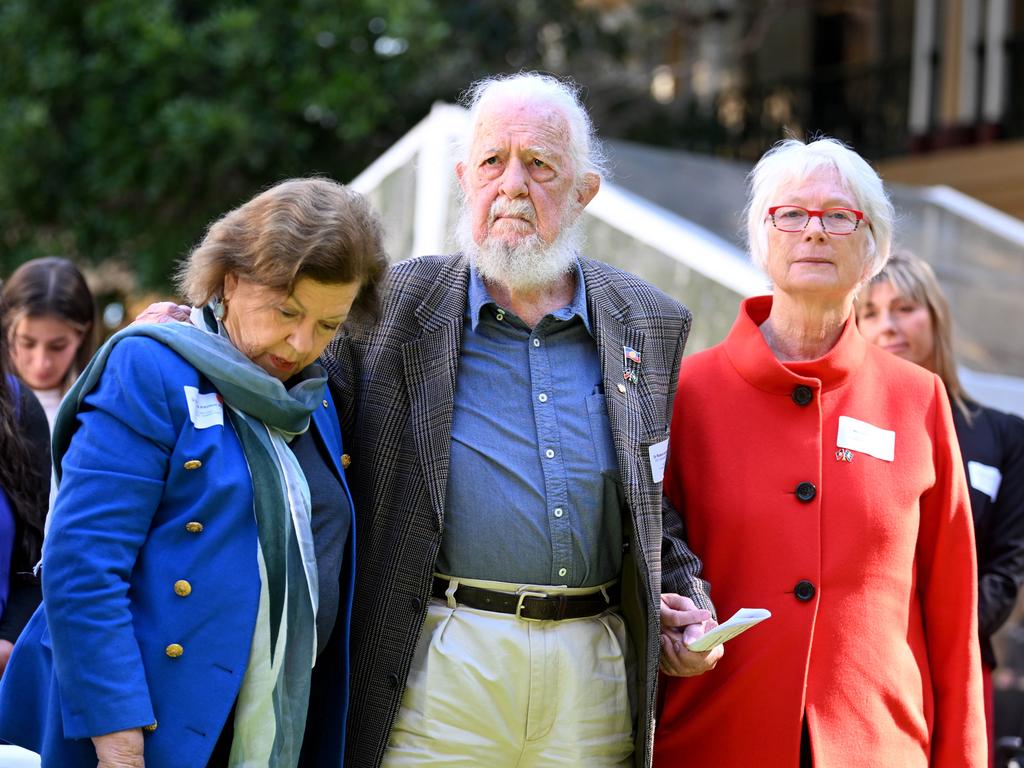
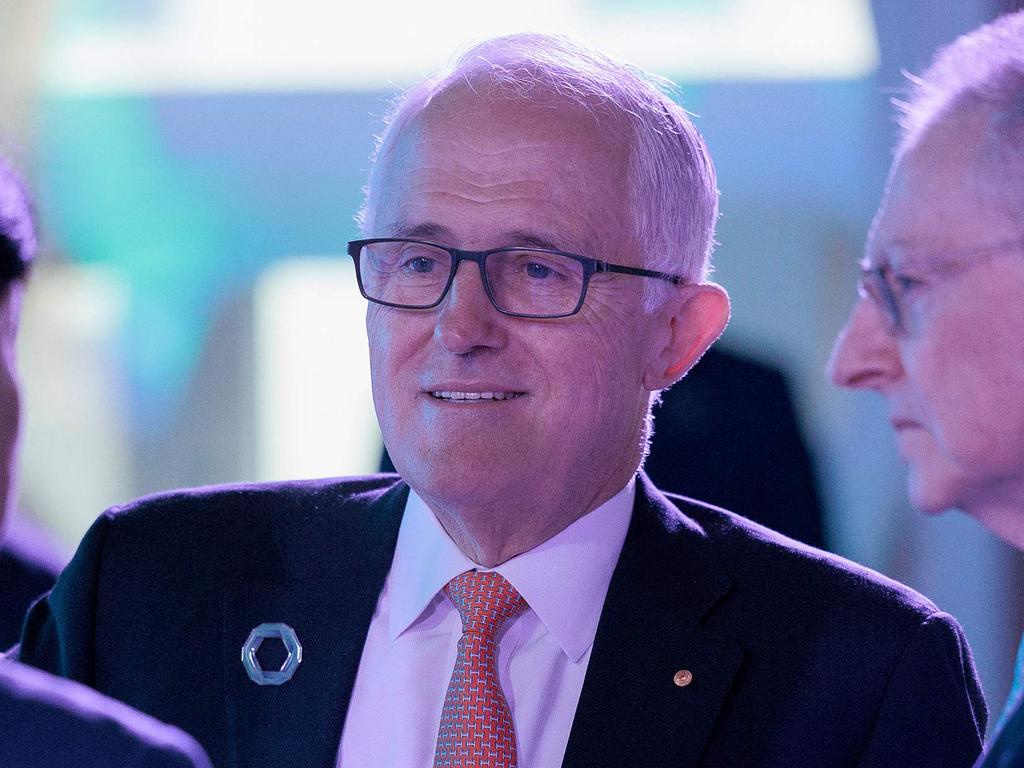


There are two sorts of legal argument around a referendum. The first is considered critique; the second a scare campaign.